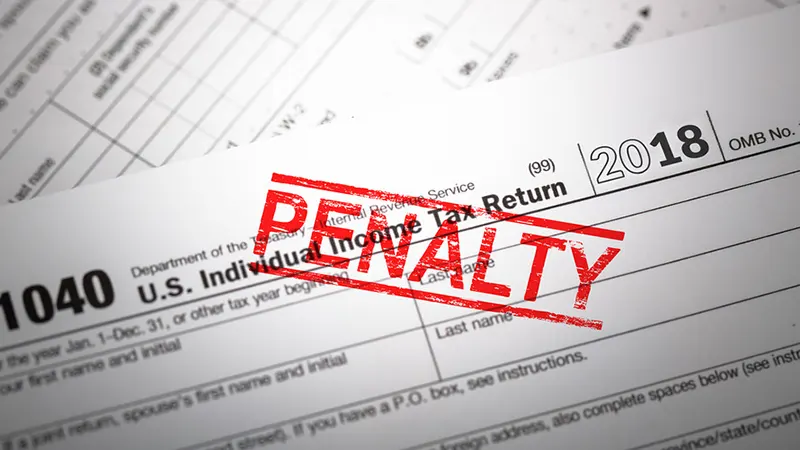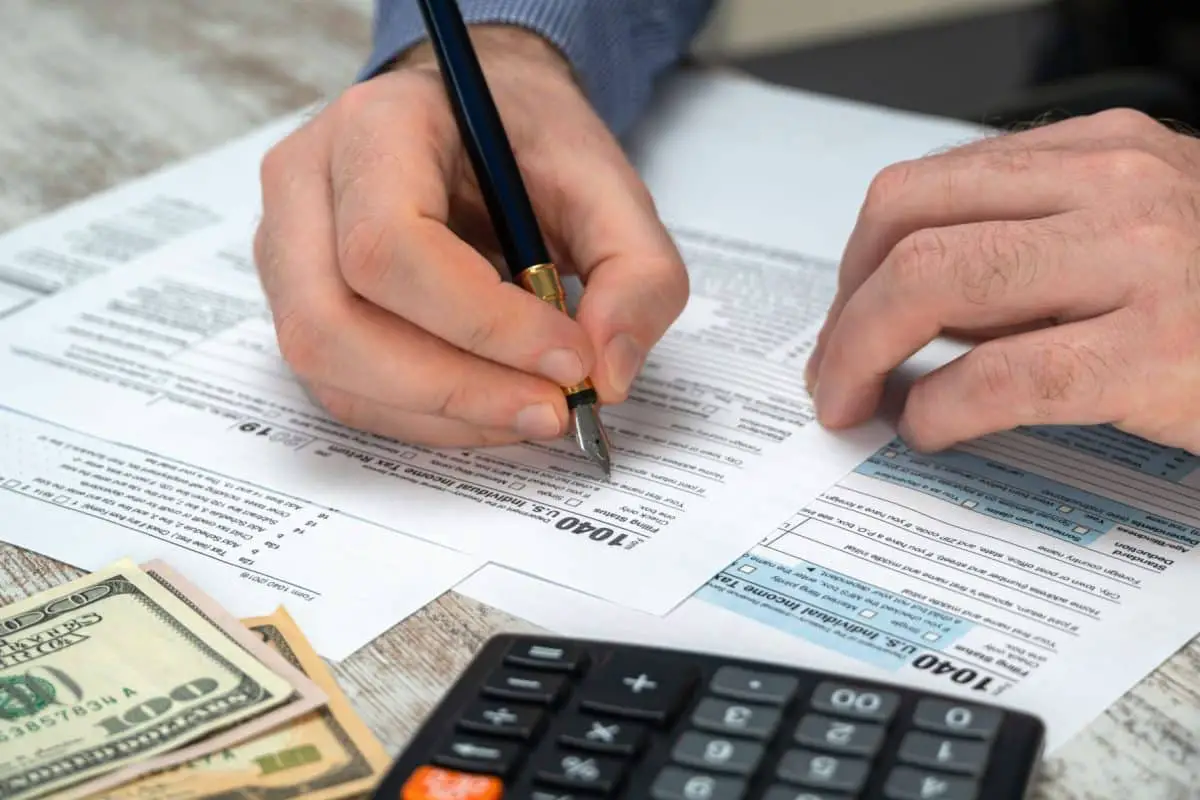It is a must for citizens to settle their tax obligations. Taxes are very beneficial for governments to have funds. They use this budget to maintain public infrastructure and provide services to the people. These include schools, welfare programs, and emergency services.
Felons need to file their taxes. Even if they are incarcerated, they are still responsible for paying taxes, particularly those employed by correctional institutions.
In this post, you will learn how felons pay their taxes and the rules and considerations set by the government for them.
Quick Navigation
- About Felons and Tax Returns
- When Do Felons Pay Taxes?
- How To File A Tax Return
- Is Delaying Tax Payment Permitted When Incarcerated?
- What Are In-House Inmate Services?
- What Happens When You Evade Your Taxes?
- In Summary
About Felons and Tax Returns

Some prisons remit felons some money into their commissary account. However, the amount is so tiny that they do not need to issue tax forms similar to the ones given by an employer to the employee.
If the incarcerated person and their spouse’s income is more than $24,000, they must pay taxes.
There are instances where prisons’ income exceeds the minimum. This is because they might have other streams of income or businesses operating outside the prison. The same rule goes to single individuals whose revenue exceeds $12,000.
Every cash inflow or transaction outside still counts, even when felons are inside the prison. They need to file a tax return if their income does not exceed the taxable range.
By this point, you’re probably wondering how felons can settle their taxes. After all, they’re inside their prison cells. How can they afford it?
But, here’s the thing:
Federal prisons oblige prisoners to work unless physical hindrances prevent them from performing the job.
The Federal Bureau of Prisons reports that the average pay for institutional, unskilled work (such as food service, a warehouse, or as an inmate orderly, plumber, painter, or groundskeeper) ranges from $12 to $40 per hour.
In contrast, the pay for skilled work in Federal Prison Industries (FPI) factories ranges from 23 cents to $1.15 per hour.
When Do Felons Pay Taxes?
Every April of the year, every taxpayer should file their tax return. The due date of the payment falls on the 15th. However, prisoners need representatives to file their taxes since they aren’t allowed to go out and fulfill this responsibility.
How To File A Tax Return

There are three ways to file tax returns even when you are inside jail:
With the help of your spouse
It would be best if you had a credible representative outside the jail to manage your tax returns. It can be an immediate family member like your spouse.
It is on a case-to-case basis. The manner of how you file your tax returns depends on the circumstances the convicted belongs to. There is online software that the family of the offenders can use.
The tax forms can be filled out on your behalf by your spouse, who can then bring or mail them to you for signature.
In-house tax or lawyer services
You need to complete Form 2848, declaration of representative, and power of attorney to designate the filing of your taxes and handling finances to someone you trust most.
File a tax extension
You can request a six-month filing extension using Form 4868, Application for Automatic Extension of Time to File U.S. Individual Income Tax Return. This form must be submitted by the standard tax deadline. The extension will allow you to file even past the due date.
If the IRS determines that a person cannot pay any tax debt, collection efforts may be put on hold until the person’s financial situation gets better.
- Individuals with combined tax debts of no more than $25,000,
- penalties and interest can request an appeal for a fee.
- Installment contract.
- The IRS may offer additional time to pay taxes in total, but the
- Timely payments are required.
Is Delaying Tax Payment Permitted When Incarcerated?

You can still file your taxes the moment you get out of incarceration. Some people fail to pay their taxes for years after being convicted.
If the convicted were entitled to any credits or refunds, you have three years from your previous tax return deadline to claim them.
However, note that they may be subject to interests and penalties. A person guilty of a felony may qualify for a payment plan, text debt settlement, or a temporary collection delay for the IRS.
What Are In-House Inmate Services?
When completing tax forms, you should check with any free in-house tax or legal services that may be provided to you.
For instance, did you know that you would need to submit two state income tax returns if you are detained in a state where you are not a resident?
Requirements for nonresidents and part-year residents vary per state. Most prisons will at least provide you with primary tax forms or allow you to use the internet for brief periods.
What Happens When You Evade Your Taxes?
Tax dates can require you a lot of paperwork and tasks. We know you are hesitant to file your taxes, and everyone, if not all, feels the same.
The IRS will assess a failure-to-pay penalty if you file your taxes but fail to pay them. In general, the IRS will charge you 0.5 percent of your unpaid taxes for each month you don’t pay, up to 25 per cent. Your due taxes also incur interest.

In Summary
Being a prisoner does not relieve you from your obligation to pay taxes as a citizen. If you have a continuous flow of income, you should file and make the payment.
It will not be easy, but you still need to pay your taxes even behind bars. Take note that you should entrust this responsibility to someone trustworthy and credible. You should remember each state has different rules on inmate taxes.
You must file taxes if you submit tax returns jointly with a spouse who is employed and providing money for the family.
Interested to know if you can claim prizes? You might want to read more on felony and winning the lottery.

